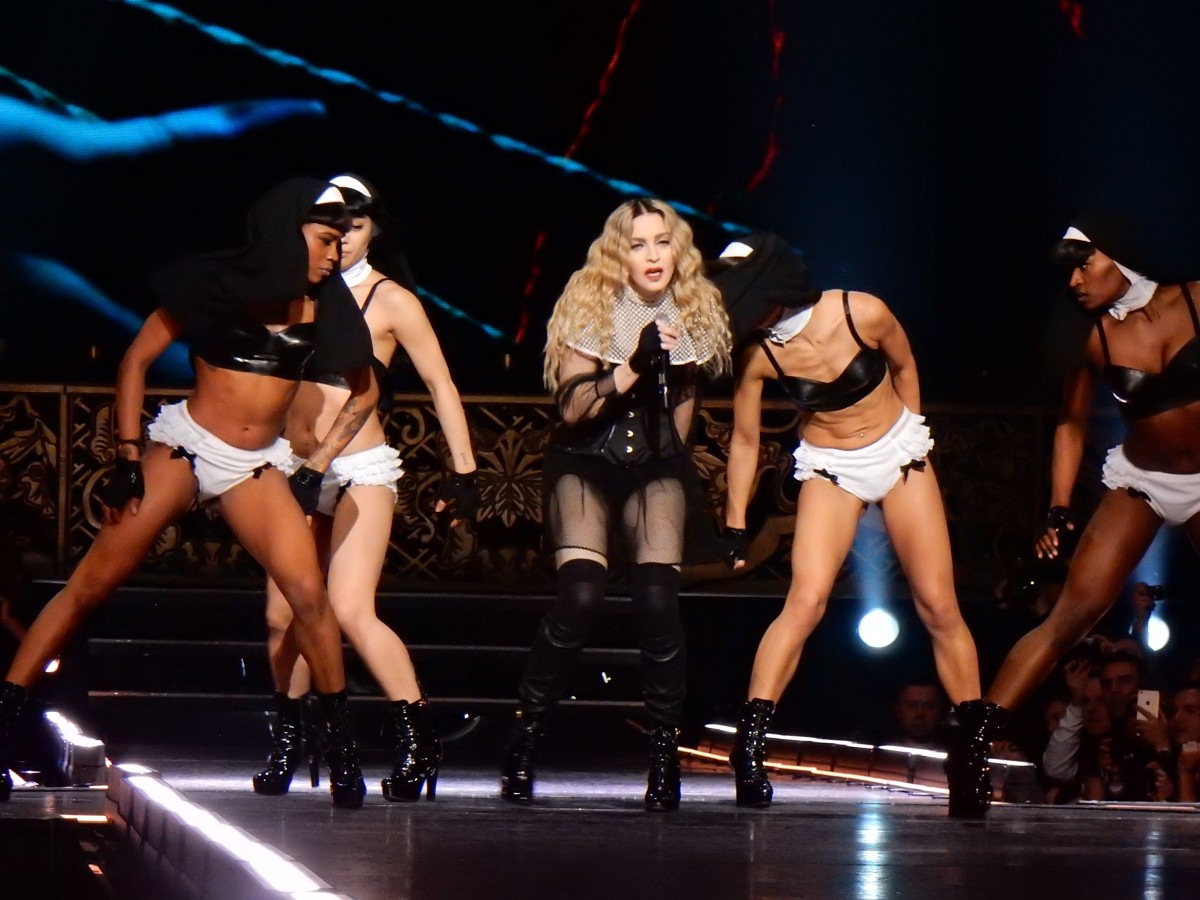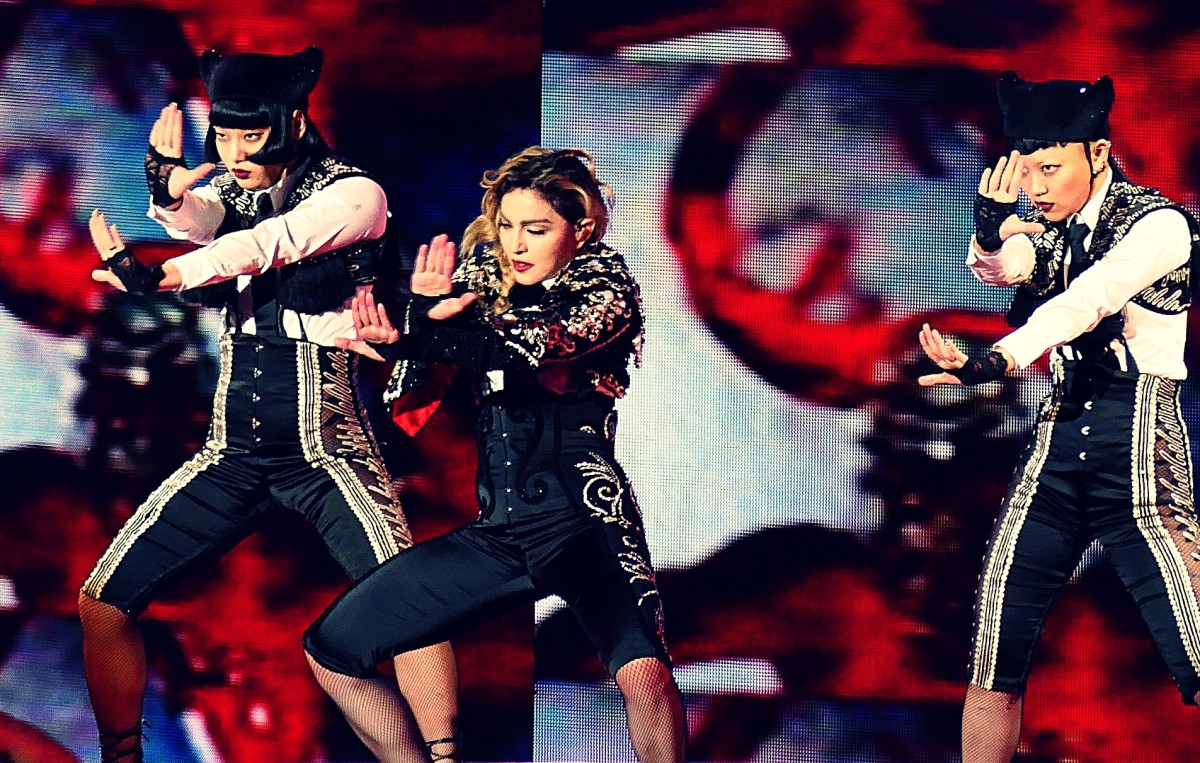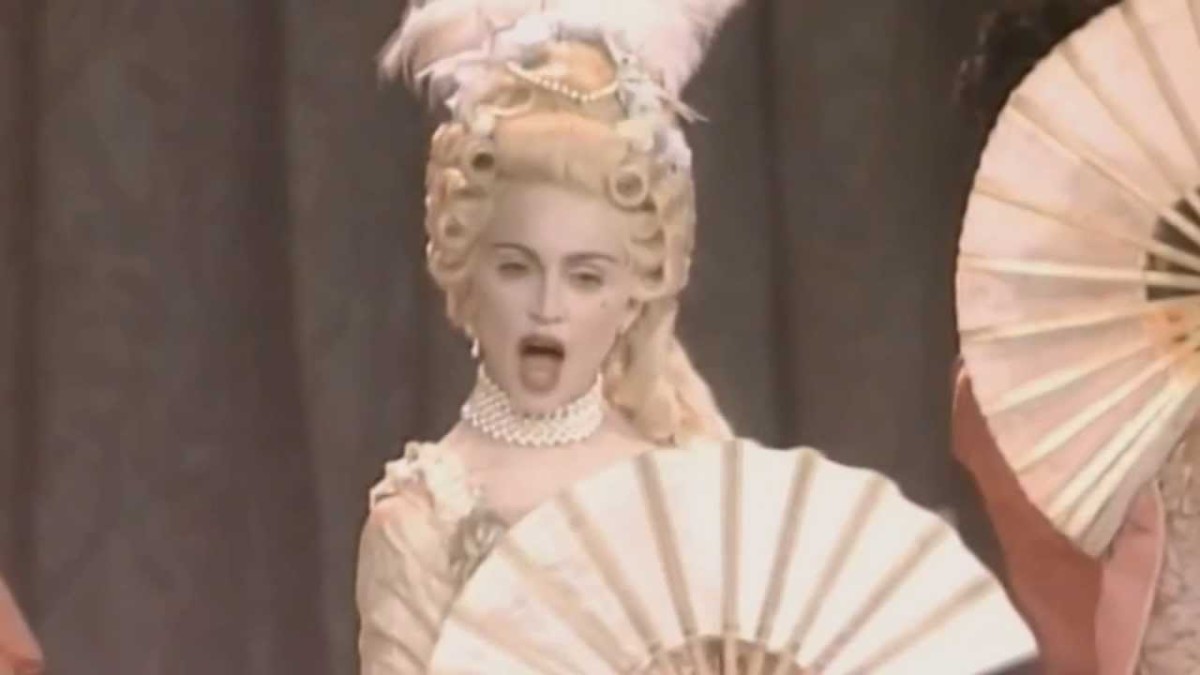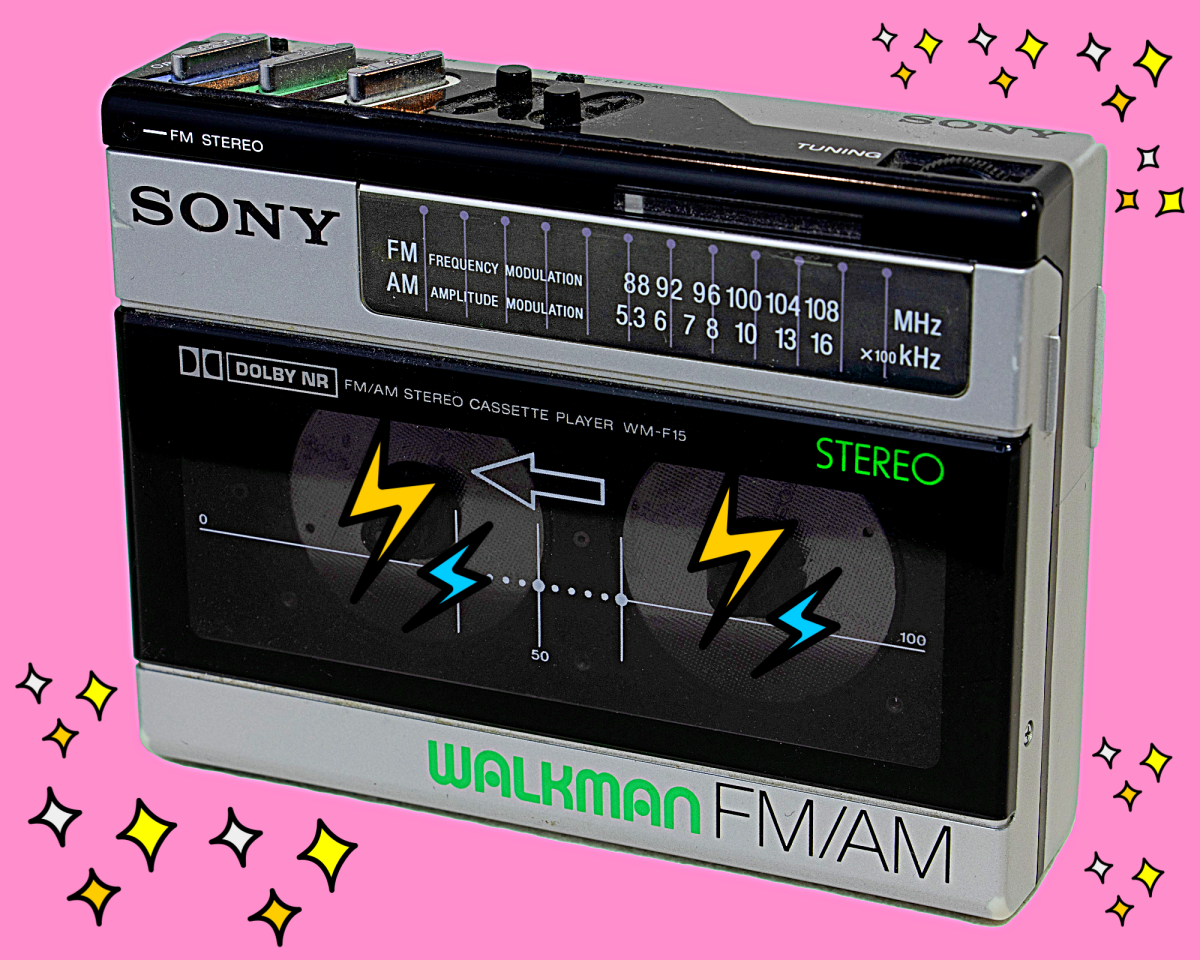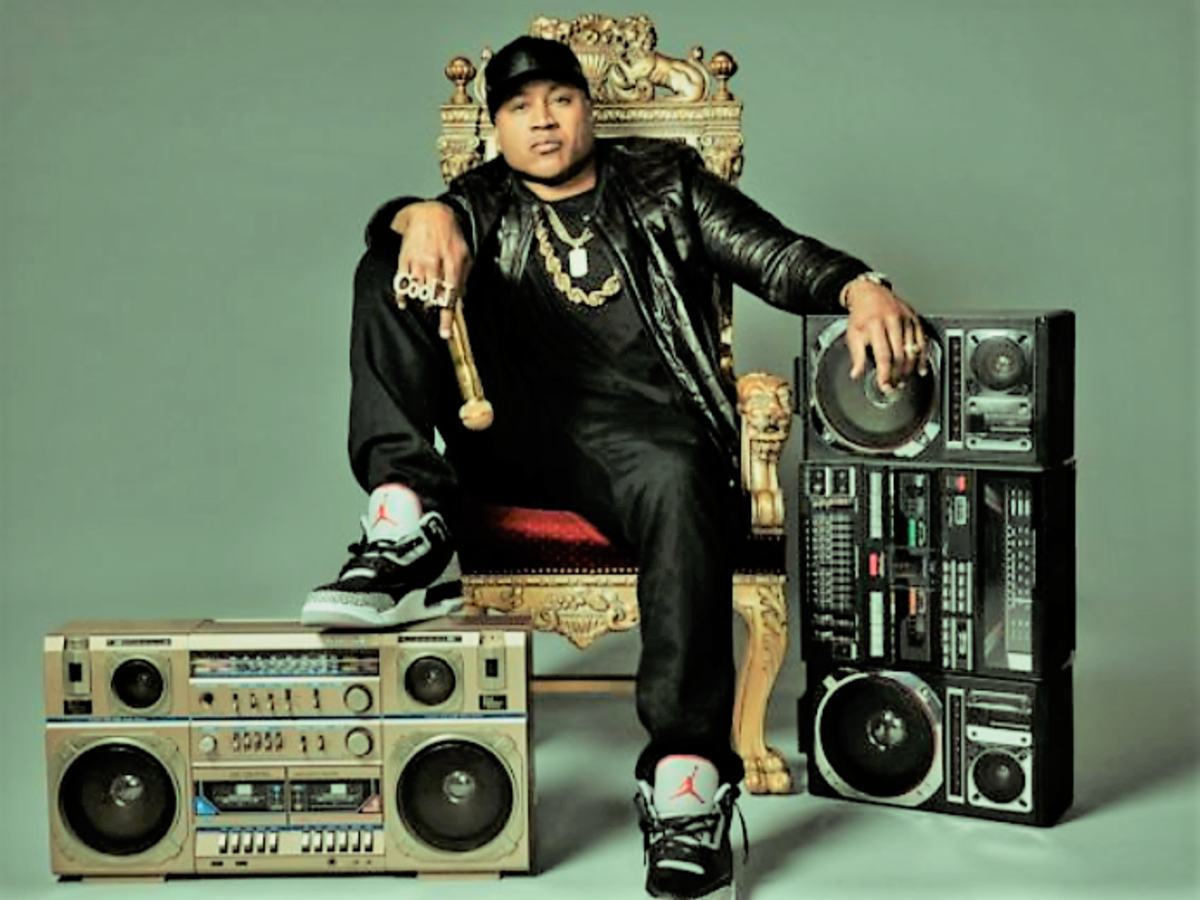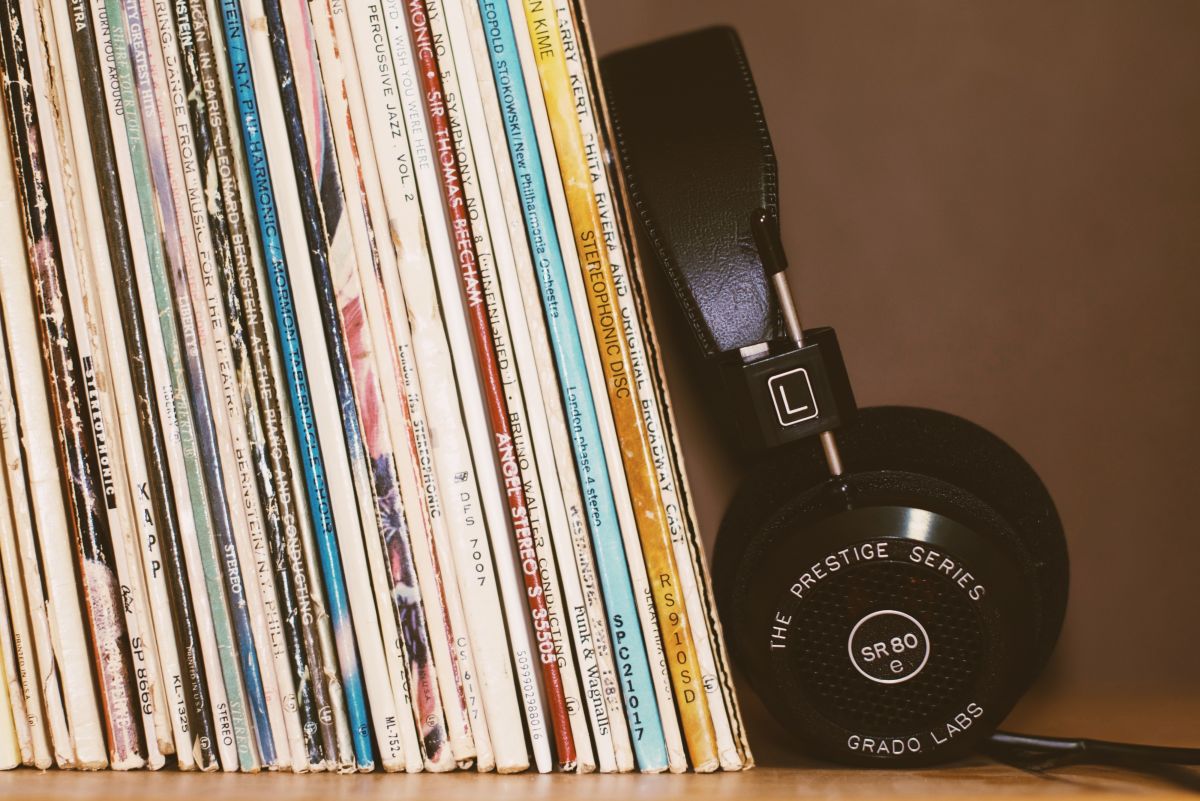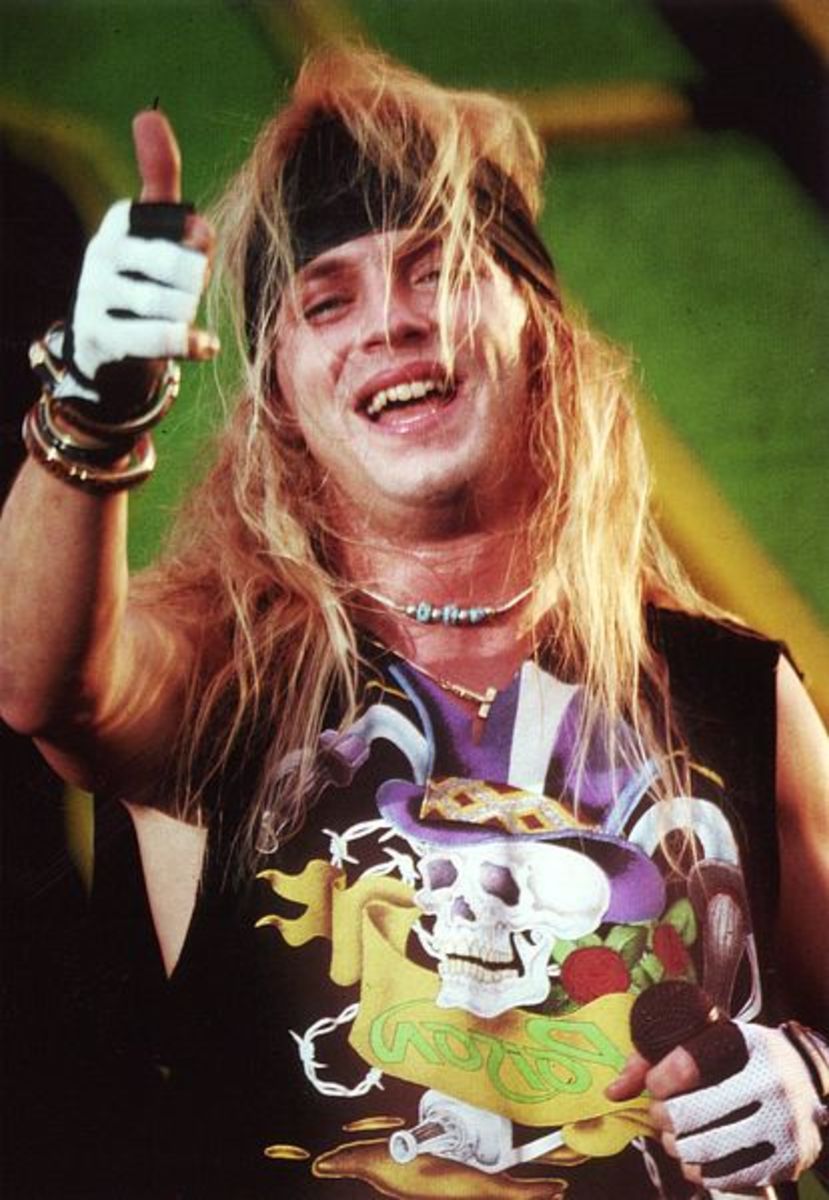The 80s: A Brief Musical Retrospective
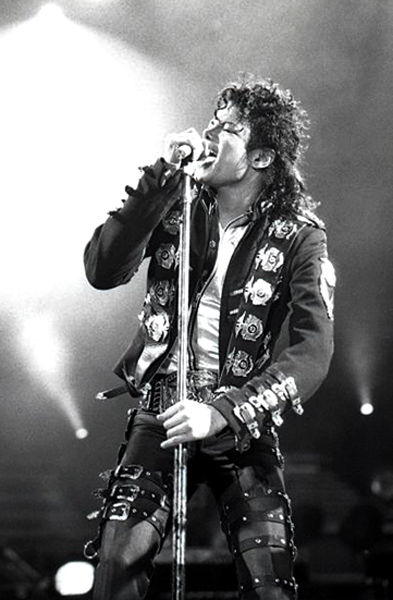
A Golden Era for Pop: the 1980s
Looking back on the most successful musical acts of the 1980s leaves one thing clear: it was a massive decade for radio-friendly pop music. Some of the biggest-selling albums of all time were released in the '80s and many of the acts that became hits then remain influential (or even actively performing) today.
But what was going on in the world at the time? Important events provide context and often mold what artists do in their songs. Let's take a closer look at the music, the artists, and the decade.
Political & social highlights
The early '80s saw a transition of power in the United States. The American people were reasonably depressed after the economic malaise of the late 1970s and were ready for a change. Jimmy Carter was limited to a single term and Republican Ronald Reagan was elected and then re-elected.
Many older Americans will remember the '80s as a time of economic growth, which is largely true for the era. From 1983 until 1987 the United States enjoyed substantial growth in productivity and savings, while also enjoying reduced taxes and government spending. Disposable incomes increased significantly, particularly among the middle class.
Attitudes towards sex were loosening up somewhat after the sexual revolution of the 1960s, but were still rather prudish compared to today. It was still very difficult for most gay people to live as such openly. By the late '80s, HIV/AIDS became a serious epidemic, particularly among the gay community.
The end of the Cold War was in sight, but in the early '80s the world was still living under the specter of mutually-assured nuclear destruction. The U.S. and Soviet Russia were still engaged in a nuclear arms race and many proxy battles for influence all over the world.
By far, however, the biggest influence on music in the 1980s was Music Television. Launching in 1981, MTV brought an entire new dimension to the promotion of music artists. Those who figured out how to effectively use the new medium achieved whole new levels of financial and critical success.
It's against this backdrop of breakaway economic success, changing attitudes about sex, looming Cold War danger, general excess, and visual impact that we begin looking at the top artists of the decade.
Michael Jackson
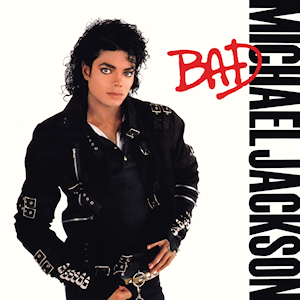
'80s albums: Off the Wall, Thriller, Bad
Jackson was already a household name due to his years spent as the golden-voiced front boy/man for his family band, The Jackson 5. Off the Wall was recorded in 1979 and produced by pop legend Quincy Jones.
Off the Wall was an evolutionary step for Jackson and for pop music in general. It managed to fuse Jackson's Motown roots with the remnants of the disco era, leading to a new form of dance-inducing, radio-friendly pop. Racism was still a big problem in the U.S. at the time, but Jackson was generally loved by white and black audiences alike. As successful as Off the Wall was, it was just a hint at the success Jackson would have when he collaborated with Quincy Jones on his next album, Thriller.
To say that Thriller was a hit album is a huge understatement. Not only is it widely considered one of the greatest pop albums ever, Jackson proved to be masterful at using the vehicle of music videos to promote his work. The video for the title track remains one of the most recognizable and memorable videos ever produced. Thriller still remains near the top of the list of top selling albums, along with works by The Beatles and Elvis Presley.
Jackson continued his success working with Jones on 1989's Bad. Once again, Jackson generated hit after hit single from an album, often combing them with trend-setting videos.
Throughout the decade, Jackson's music was ubiquitous and his tour dates were filled with capacity crowds wherever he performed. There was simply no one bigger or more successful in 1980s music.
So what was so socially important?
Racism is still around in the United States today, but it's worlds away from the racism that was still widely present in the 1980s. Before Jackson, pop music was dominated by white artists, despite the fact that rock & roll, the precursor to pop music, was pioneered by African Americans. The two biggest white pop artists before Jackson, The Beatles and Elvis Presley, were heavily inspired by black R&B artists.
Jackson, however, already had a fond place in the hearts of pop fans because of his time in the Jackson Five, and at some point in the early eighties he started subjecting himself to a variety of cosmetic surgeries that radically changed his appearance. Within a few short years, Jackson had removed many of his "black" features, most noticeably reducing the size of his nose and lips, and lightening his skin (although Jackson would later claim he had a skin disorder that led to the lightening of his color). Visually and musically, Jackson made himself more accessible to white audiences while not significantly alienating himself from black audiences, something few musical artists had accomplished before and none to the level of Jackson's success.
Thriller
Madonna
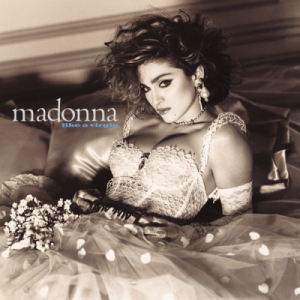
'80s albums: Madonna, Like A Virgin, True Blue, Who's That Girl, You Can Dance, Like A Prayer
Just look at that chronology. Madonna was a force of nature during the 1980s. No matter what anyone thought about the powerful sexuality in her presentation and performance, no one could deny that the woman was simply churning out hit after hit album with unbelievable consistency.
In terms of musical style, Madonna did not necessarily break new ground with any of her work, but all of it was well-polished and well-produced. What set Madonna apart was her aforementioned sexuality and, like the others in this article, her ability to create memorable and compelling music videos that promoted her image.
Madonna's career was certainly not without some controversy. In the video for the track "Express Yourself", she caused a minor stir with a brief on-screen crotch-grab. Her video for "Like A Prayer" featured a love scene with what appeared to be an African Jesus and riled many Christian groups in the U.S.
Despite her detractors, however, Madonna just continued to spin gold and have a constant presence on pop radio throughout the decade.
So what was socially important?
Female sexual liberation was a theme of the 1960s, but Madonna brought it to new heights in the '80s.
Social conservatism rose in influence in the '80s along with the Republican Party, partially undoing the female social liberation of the previous two decades. Madonna, meanwhile, open embraced her femininity, flaunting her beauty as well as her obvious enjoyment of her sexuality. She would set a new template for future female pop artists who would dare to be young, female, and sexy, like Britney Spears and Rhianna.
Borderline
Queen
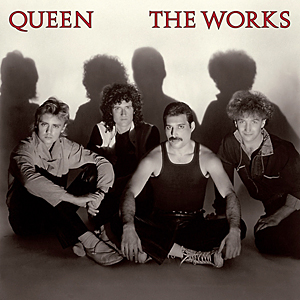
'80s albums: The Game, Flash Gordon, Hot Space, The Works, A Kind of Magic, The Miracle
Despite never quite mastering the music video medium, Queen enjoyed success on the strength of their bombastic live performances and consistent presence on rock radio (despite the occasional departure from the typical rock formula).
A band comprised of incredibly-talented individual musicians, Queen set a new high-water mark for live performance, energizing and delighting fans around the world. Late front man Freddie Mercury was inspiring enough as a performer to be the only musical artist mentioned by name - specifically because of his enjoyment of live performance - in the suicide note of Kurt Cobain.
So what was socially important?
Freddie Mercury was a gay man with an out-sized, dynamic personality at a time when being openly gay was still very difficult. No doubt many male musical performers were gay at the time, but being so openly - especially when trying to make it on rock radio - was a risky proposition.
Queen's music and Freddie's stage presence were so widely loved, however, that he was generally accepted, even among more conservative people. Freddie became that gay person that everyone knew and liked, which broke down more barriers for gay acceptance than most people realize.
Another One Bites the Dust
There's so much more great music from the '80s
This is just a small sample of some of the best the '80s had to offer. Any reasonable list would also include Prince, Hall & Oates, Bon Jovi, Cyndi Lauper, Whitney Houston and so many more. Check out this list on Ranker for a more comprehensive list of great '80s artists.

